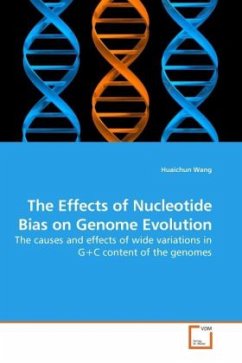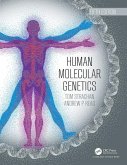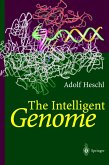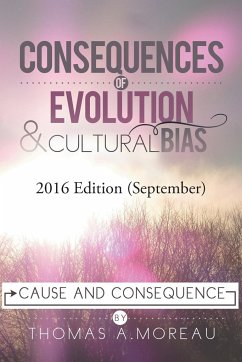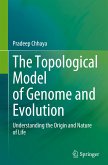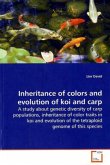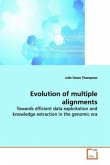There has been a long-standing controversy about the causes of wide variations in G+C content of the genomes. Is it caused by natural selections, or, is it selectively neutral? This thesis examined the source and consequences of the nucleotide compositional bias on genome evolution. We demonstrated that environmental temperature is a selective force that drives ribosomal RNA gene evolution in prokaryotes and different segments of the same gene (i.e., the stems and loops of the rRNA gene) experience differential selection. For protein coding genes, mutation and natural selection play a different role compared to the rRNA genes. We studied homologous genes and their encoded proteins in two flowering plants: Oryza sativa and Arabidopsis thaliana. The GC content of the rice genes is more heterogeneous than their Arabidopsis homologs. High GC rice genes encode proteins having a high frequency of amino acids encoded by GC-rich codons; low GC rice genes and Arabidopsis genes encode proteins having a high frequency of amino acids encoded by AT-rich codons. Synonymous codon usage in the rice genome is primarily dictated by the GC content of the genes, rather than by translational selection.
Bitte wählen Sie Ihr Anliegen aus.
Rechnungen
Retourenschein anfordern
Bestellstatus
Storno

